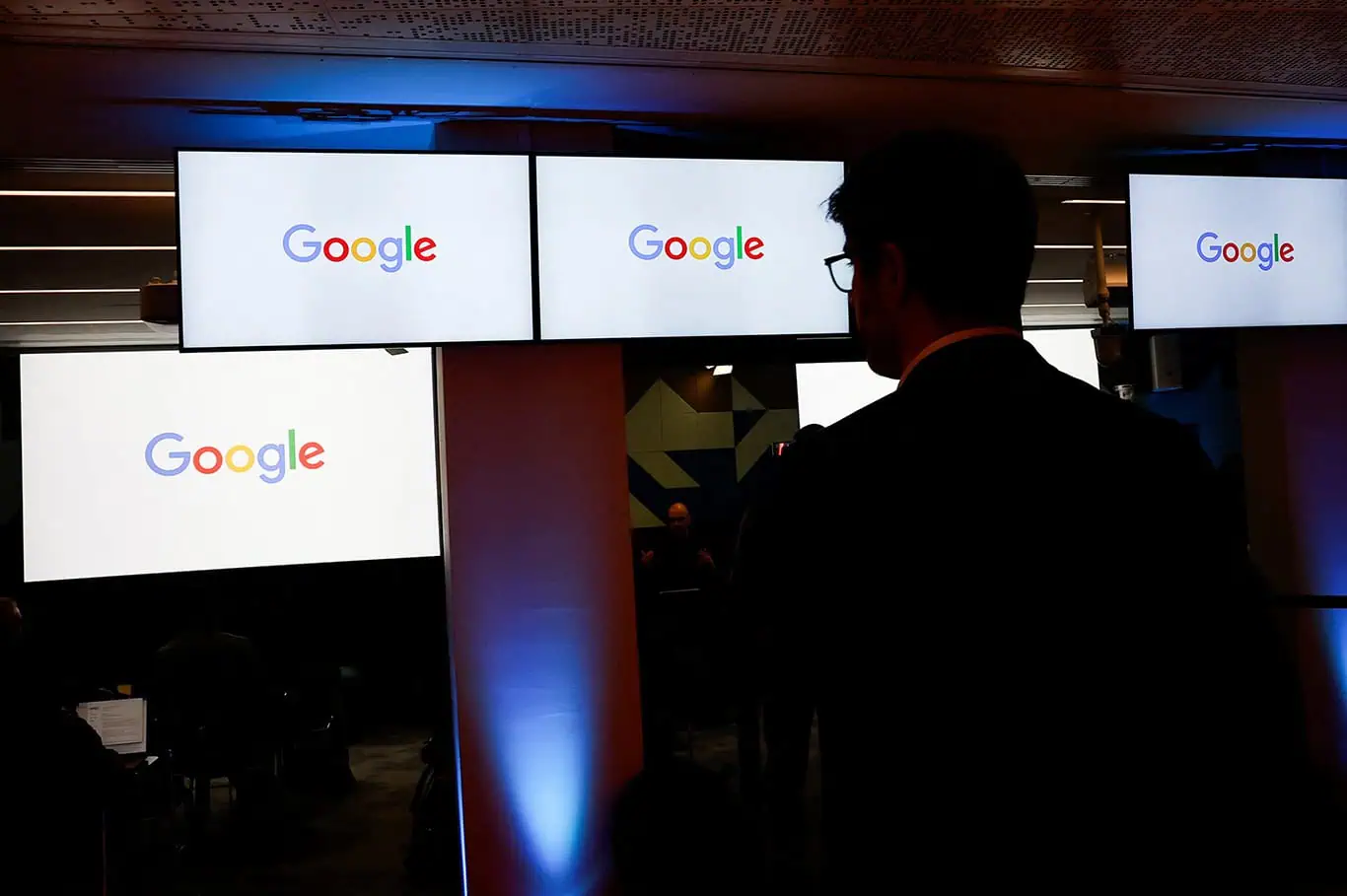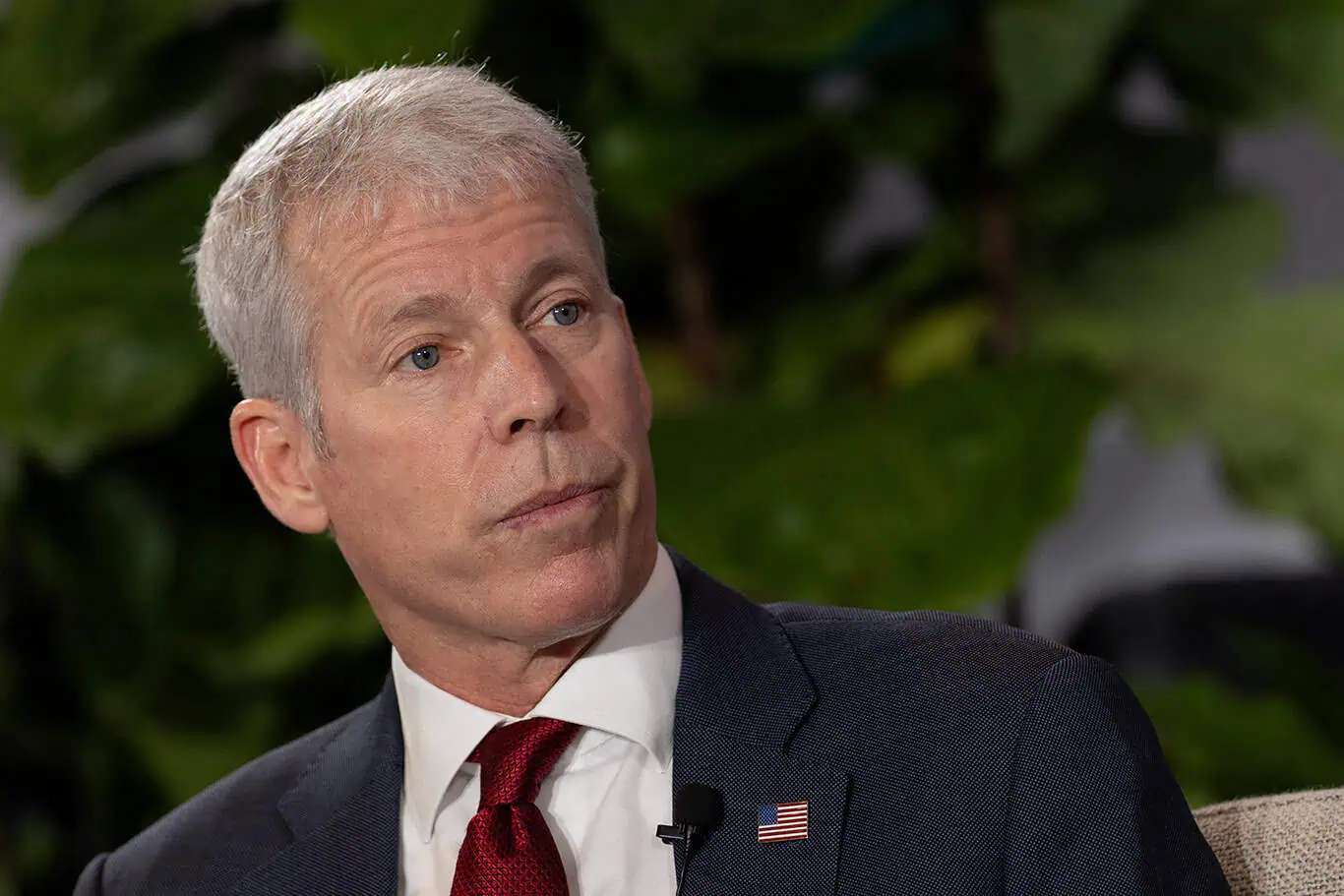
Sponsored Content | Digital Free Press
Arizona is serious about fighting unregulated gaming. Regulators recently stopped a sweepstakes that offered a $1.3 million Phoenix house as the main prize. This action shows the state is watching closely for activities that might be illegal gambling.
In early September, the Arizona Department of Gaming told Raffall, a company from the UK, and John Smith, a resident running the Phoenix Dream Home promotion, to stop what they were doing. This sweepstakes, which advertised a nice house in north Phoenix with great views for only $10 per entry, had become popular online. But officials say that because the organizers could profit after paying for the prizes and expenses, it was actually illegal gambling, as it didn’t have the charity status required by Arizona law.
The idea was simple: buy a ticket, and if enough tickets were sold, you could win the house. If not, the prize would be half of the money collected. Regulators explain that this profit-based approach breaks state laws, which only allow charities to hold raffles and don’t allow anyone to profit from them personally. Without the protections of licensed operations, people who participate could face problems like not getting paid properly or having their personal information stolen. This ban is part of a larger effort to protect people, as similar sweepstakes are being looked at closely all over the country. States like Michigan and New York have sent many warnings to these platforms, while others, like Texas, are dealing with unclear rules.
This action makes us wonder what will occur to gaming in Arizona. With sweepstakes models in trouble, there’s more talk about making online gambling legal to provide a regulated option. A well-organized market could protect players by checking their ages, offering tools for responsible gaming, and providing clear odds. It could also bring in tax money for schools and roads. Arizona lawmakers have considered this idea, but worries about addiction and too much gambling have slowed things down. In the meantime, some residents look for other options, often in areas where the legality is uncertain.
Georgia online casinos reveal a thriving scene of offshore platforms that accept US players, offering slots, blackjack, and hefty bonuses like 250% matches up to $2,500at at some sites.
DISCLAIMER: Check your bet for online compliance and for regular updates on digital platforms, visit the Arizona Department of Gaming website
These sites, which are licensed by regulators such as the Curacao eGaming license, have features like high return to player rates, which are usually 95% or higher, crypto payments, and live dealer games. They fill a need in places like Georgia and Arizona. These states strongly prohibit local online casinos. These platforms give different choices, from jackpots that increase to virtual poker. However, people should check if they are real to avoid scams. This action shows there is a need for controlled options.
The shutdown of Phoenix Dream Home warns operators who avoid the law. John Smith claimed to be a helper and now deals with the results of a system that does not negotiate. The Department of Gaming acted on tips and research to show it is ready to follow up on similar problems. Consumer supporters are happy about the action, which they say saves players and ensures equal treatment. Still, the ban has led to calls for changes. Since sports betting is already legal because of tribal groups, Arizona could naturally move to online casinos. Upset players have shared online how they feel about the raffle being stopped quickly. They want clear rules that allow fun promotions without legal issues.
This event shows a larger problem: digital games are growing faster than the laws about them. Sweepstakes like this contain parts of lotteries and contests. That mix makes them attractive but also legally risky. Experts think operators could follow the rules by working with charities or changing prizes. However, many try to make fast money. Arizona’s strong stand may make other states create stricter rules as well. This situation could make the way these activities are handled more standard.
The message right now is this: obey the law, or you will be shut down. The Phoenix Dream Home issue is not just about one fancy property. It also represents a message that unregulated sweepstakes may not last for long. As players look for safe, legal choices, there is more stress on Arizona to think about regulated online games. Those games could meet needs while being legal. The state’s next actions could change how people use digital fun. They would balance new ideas with saving people.




























